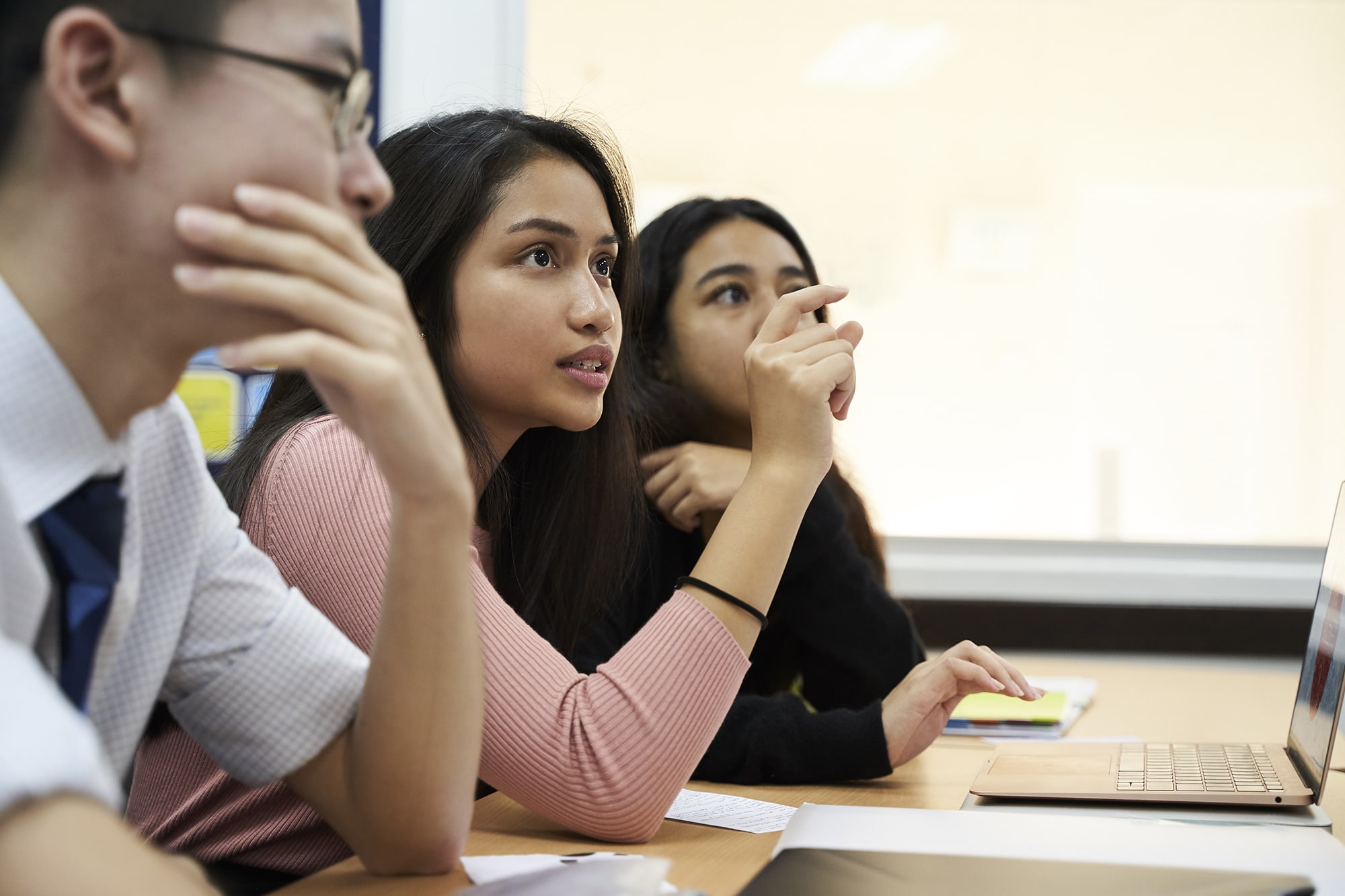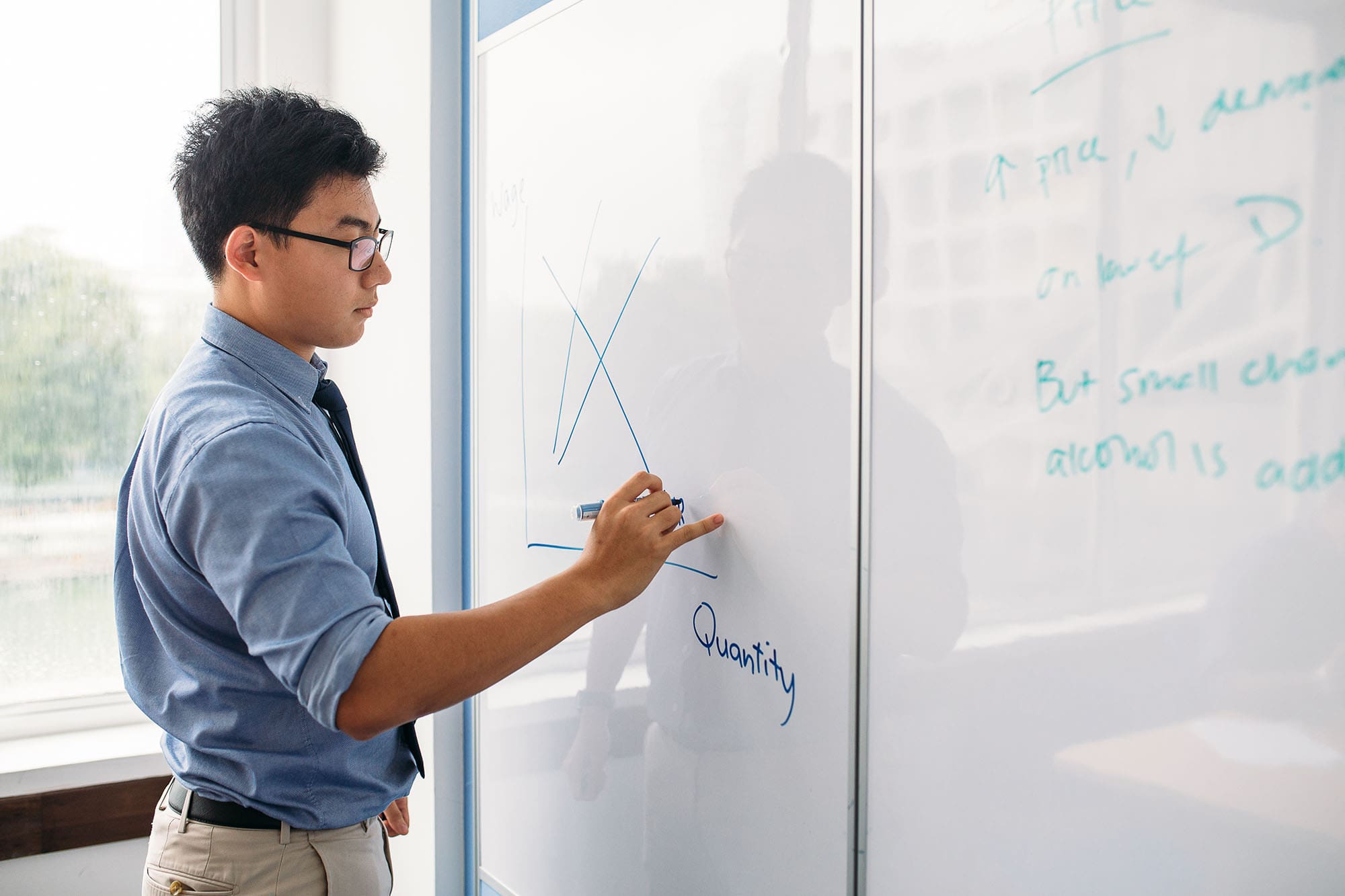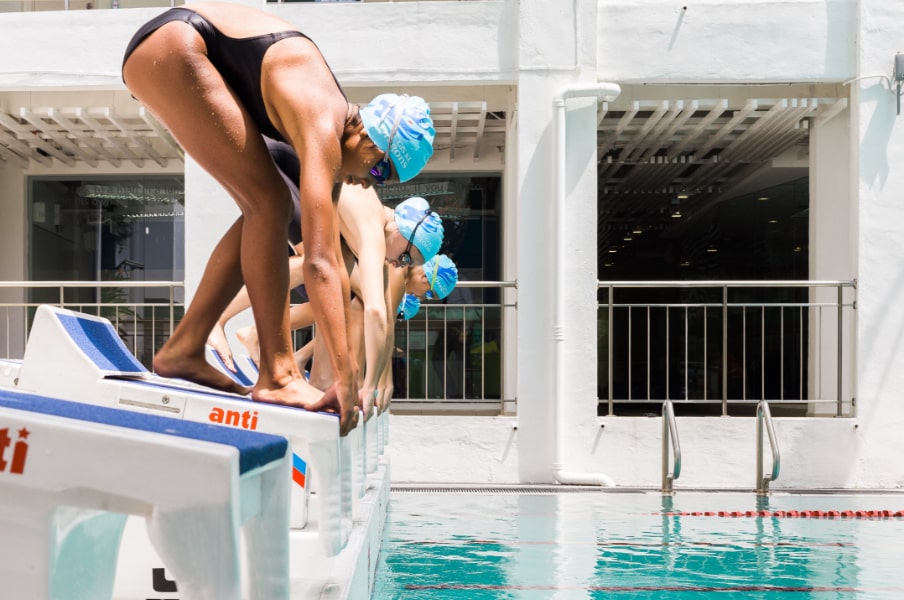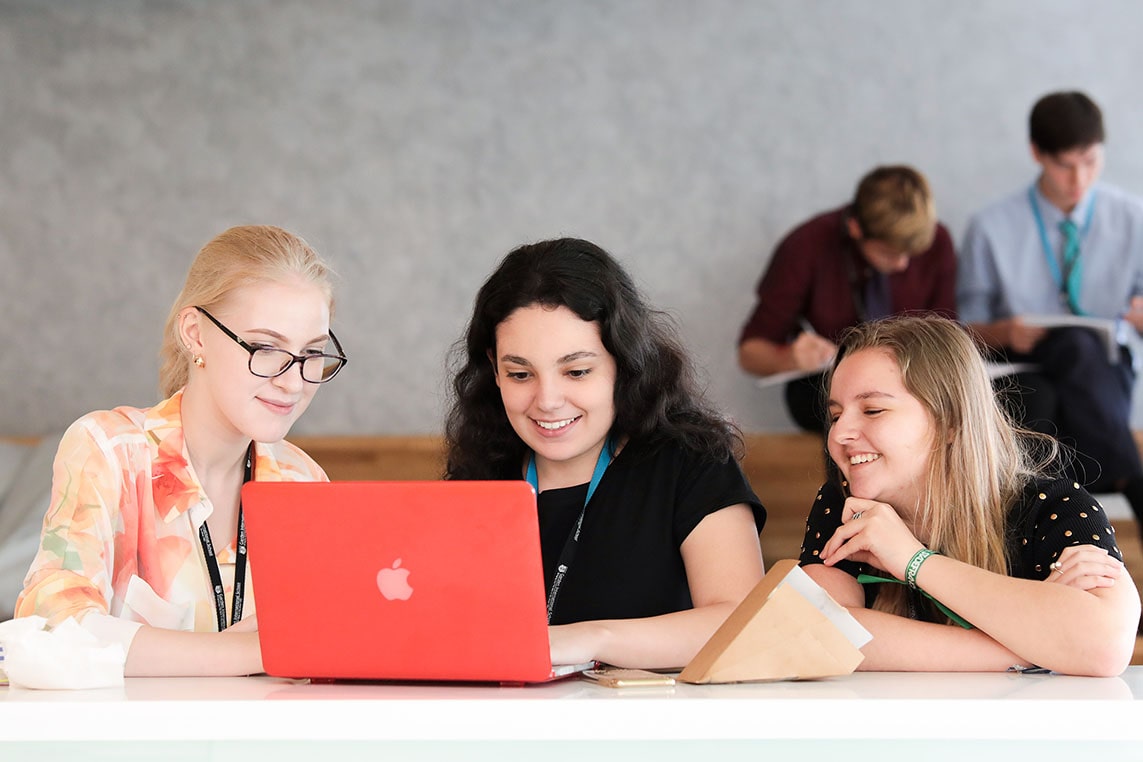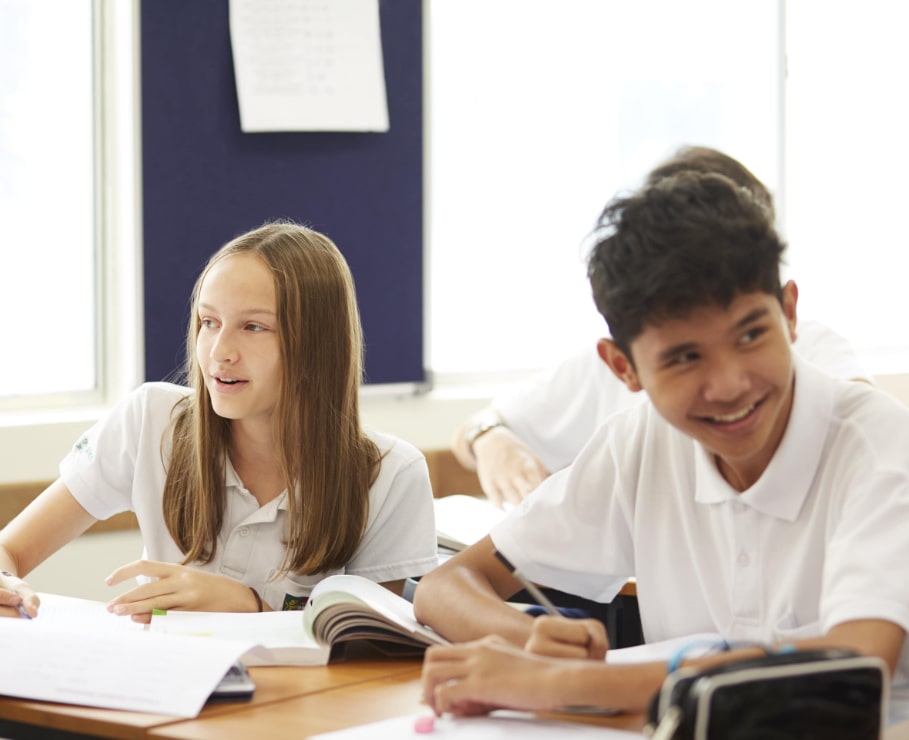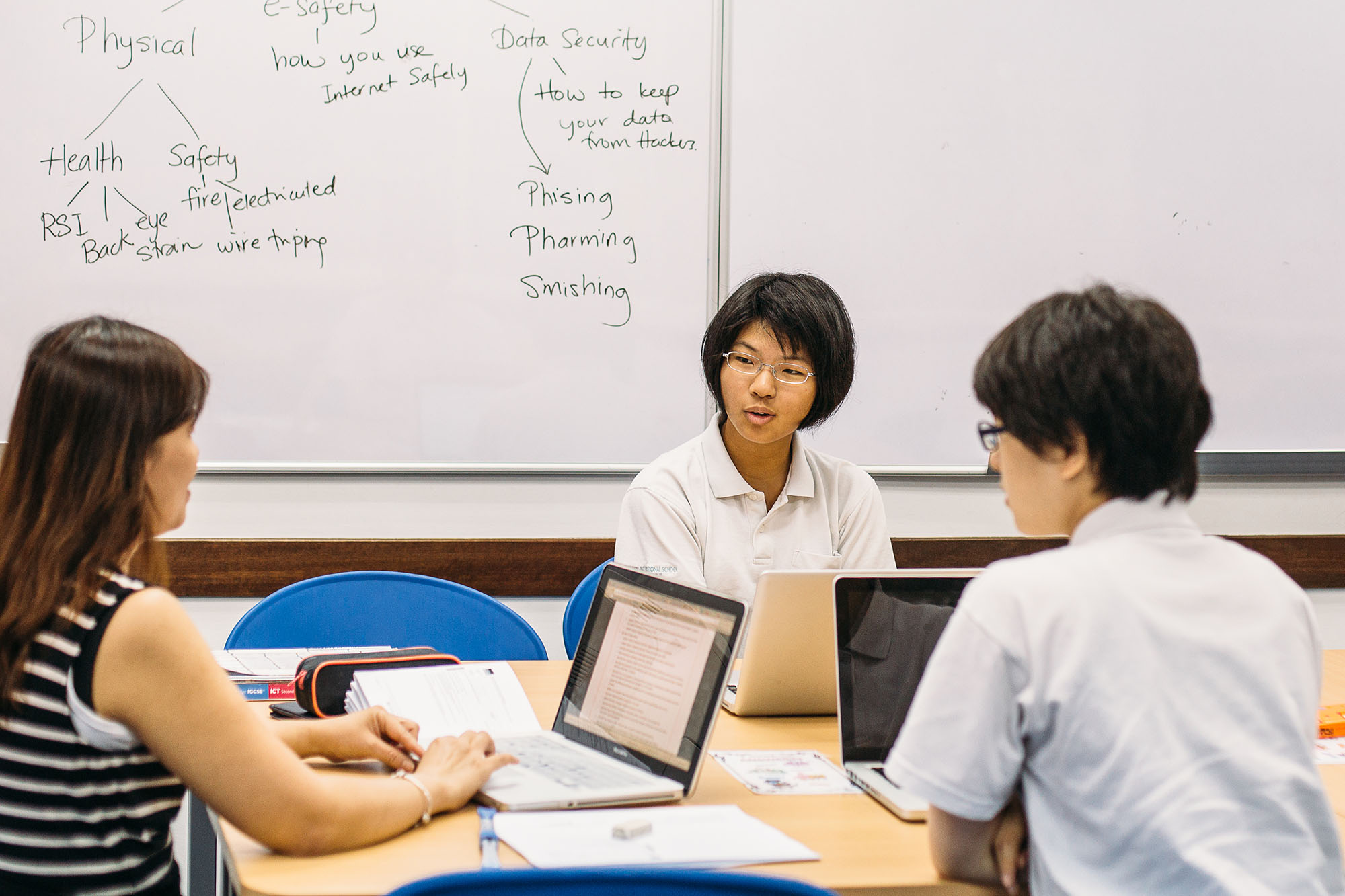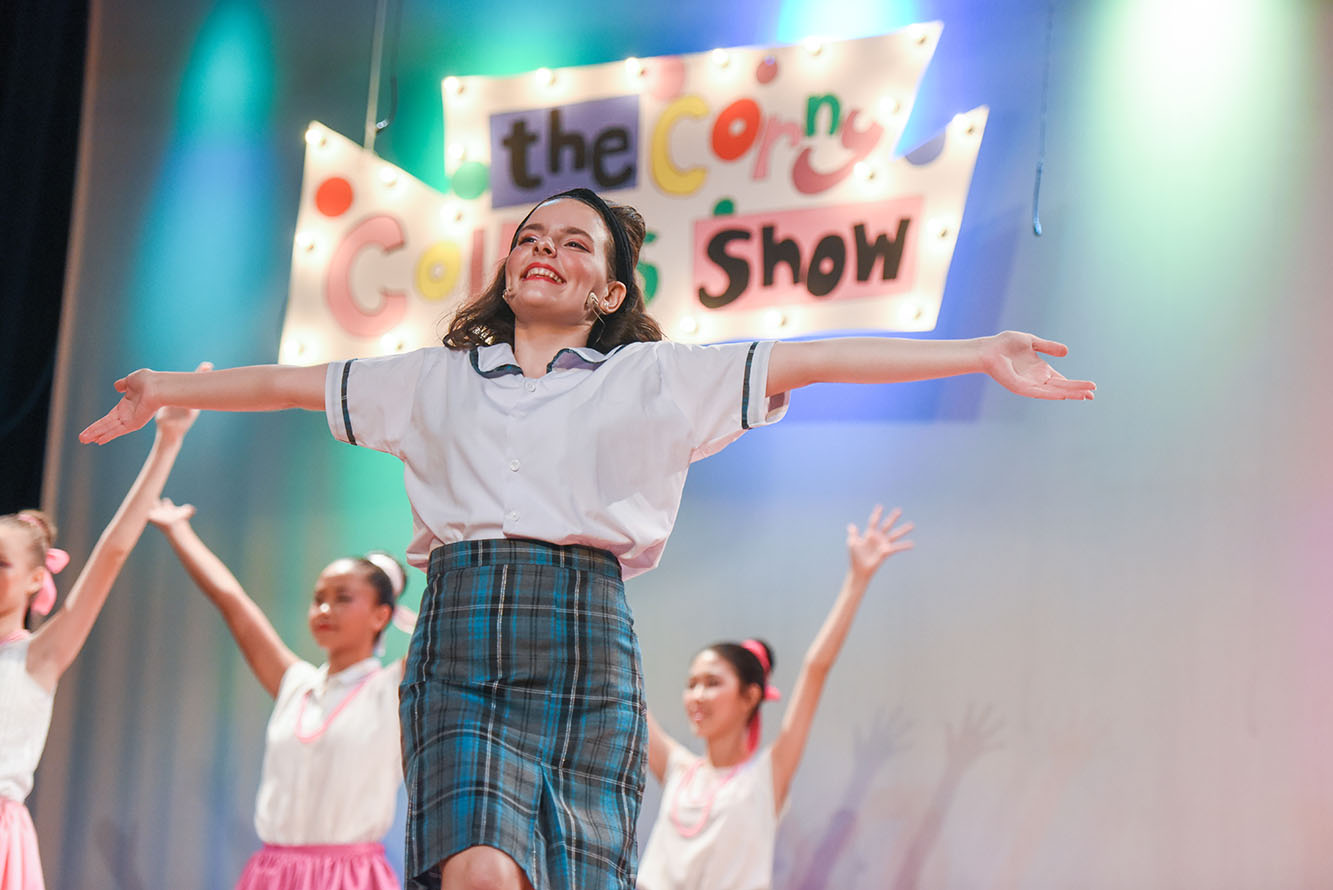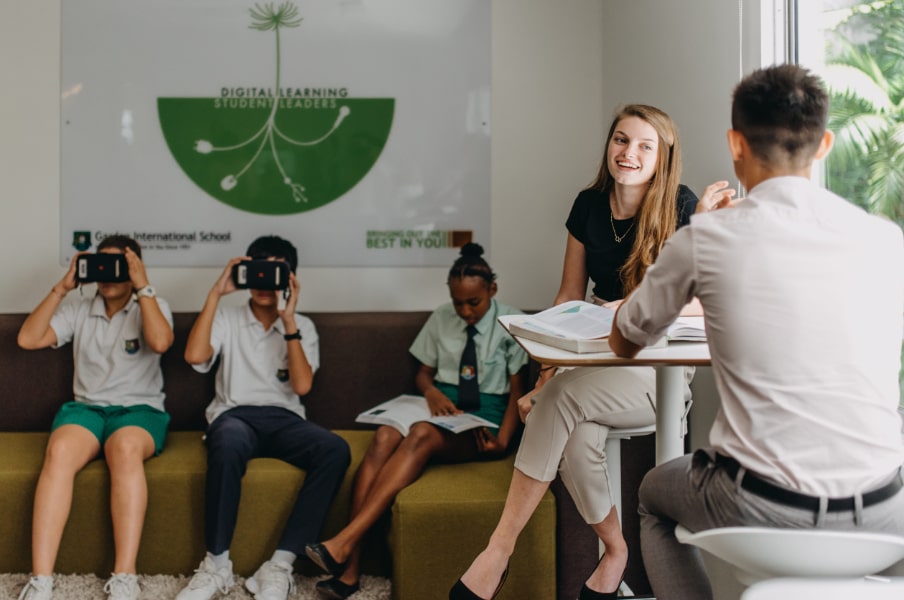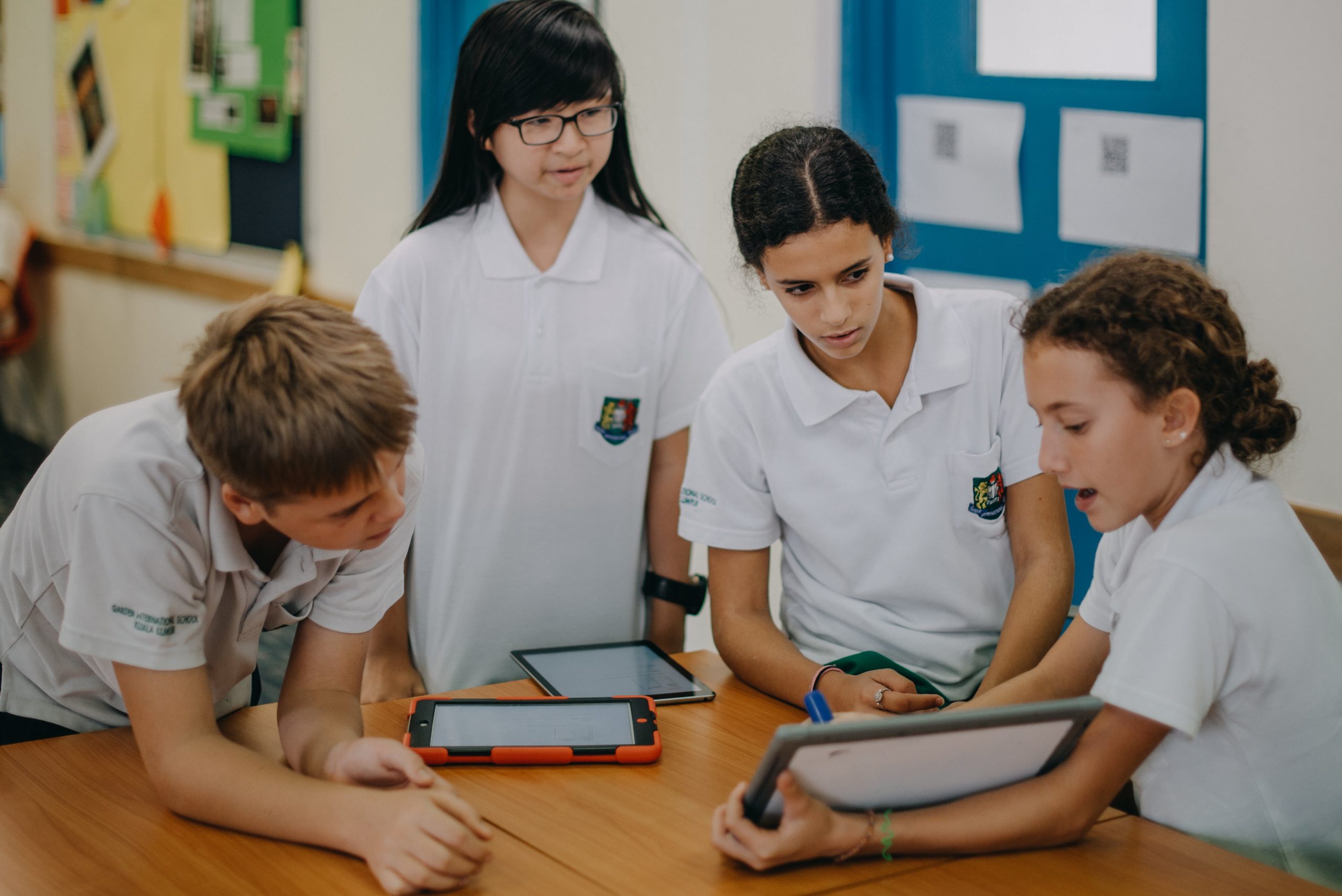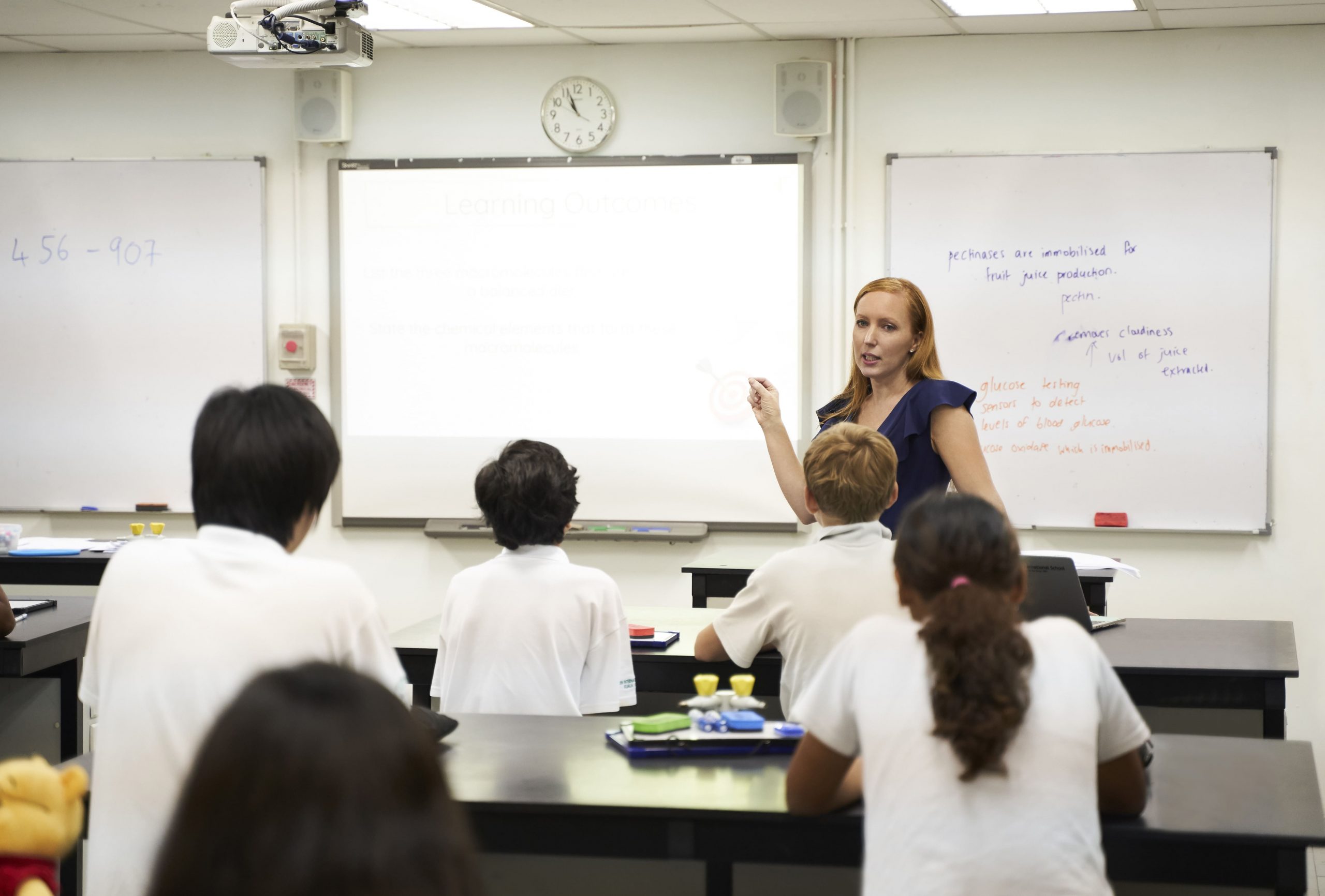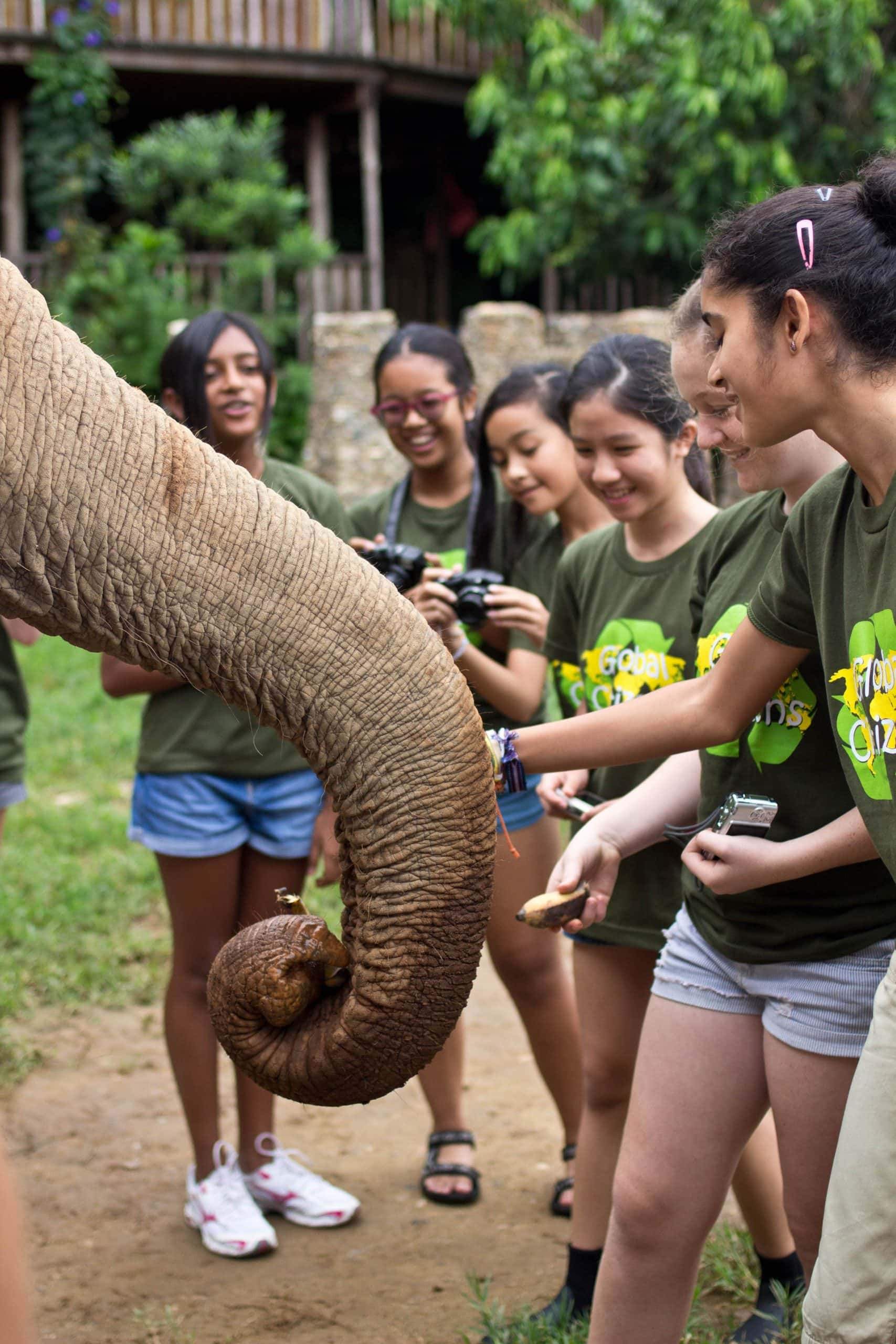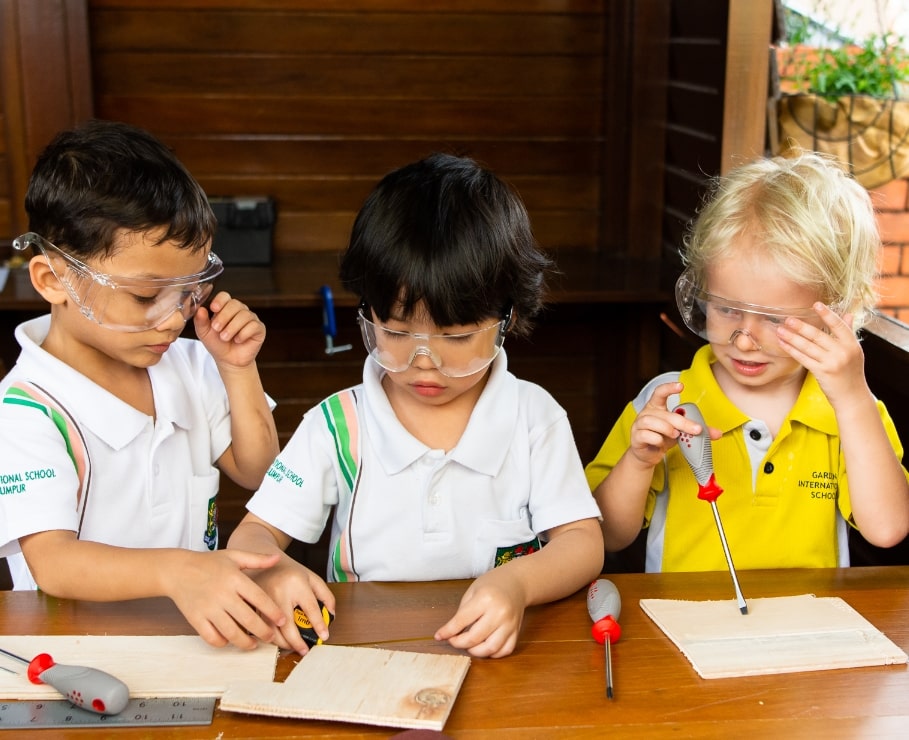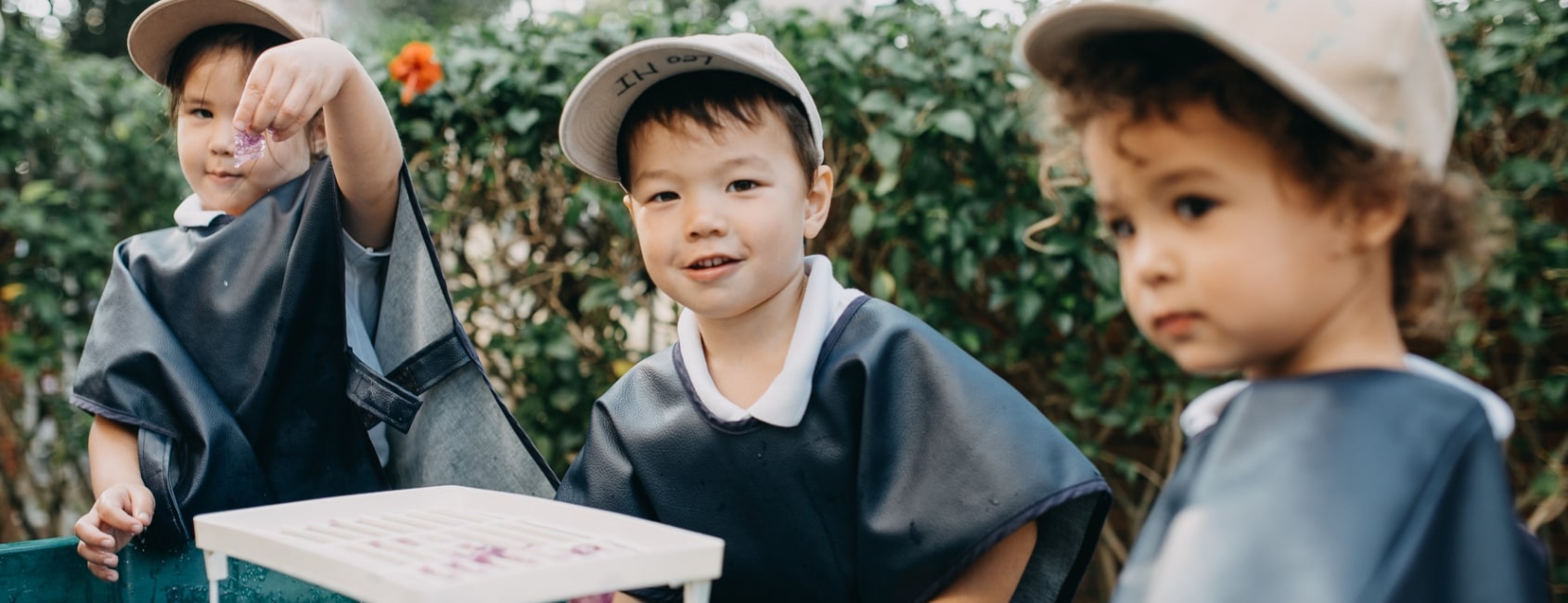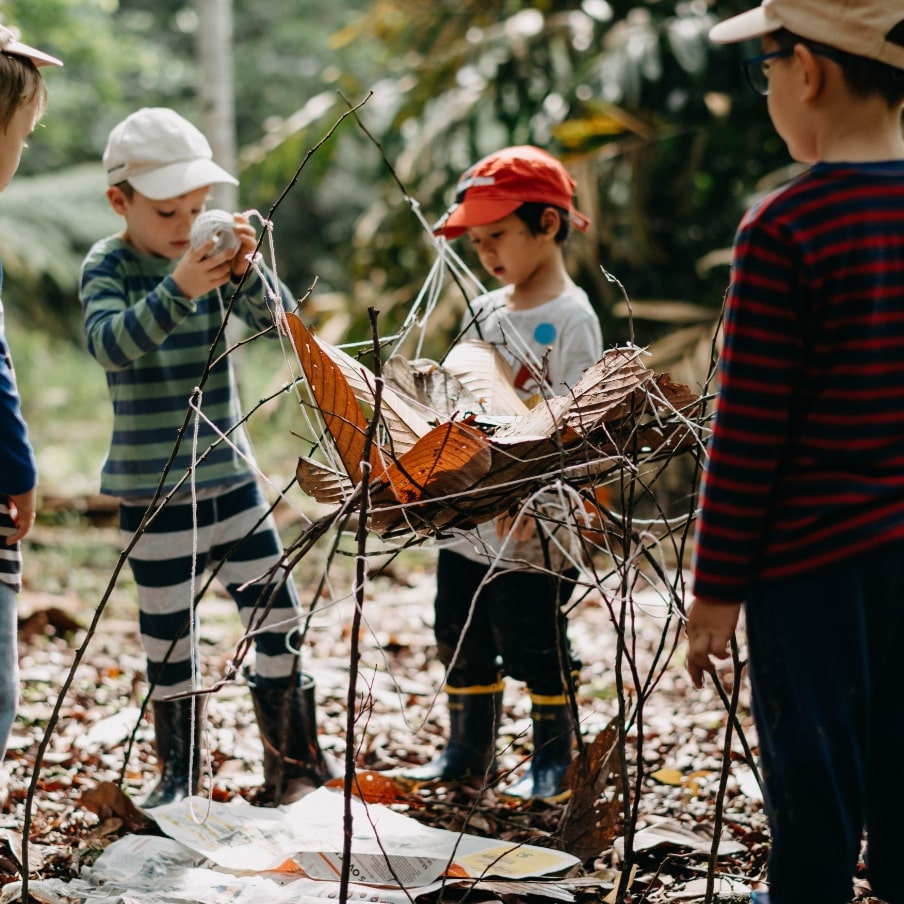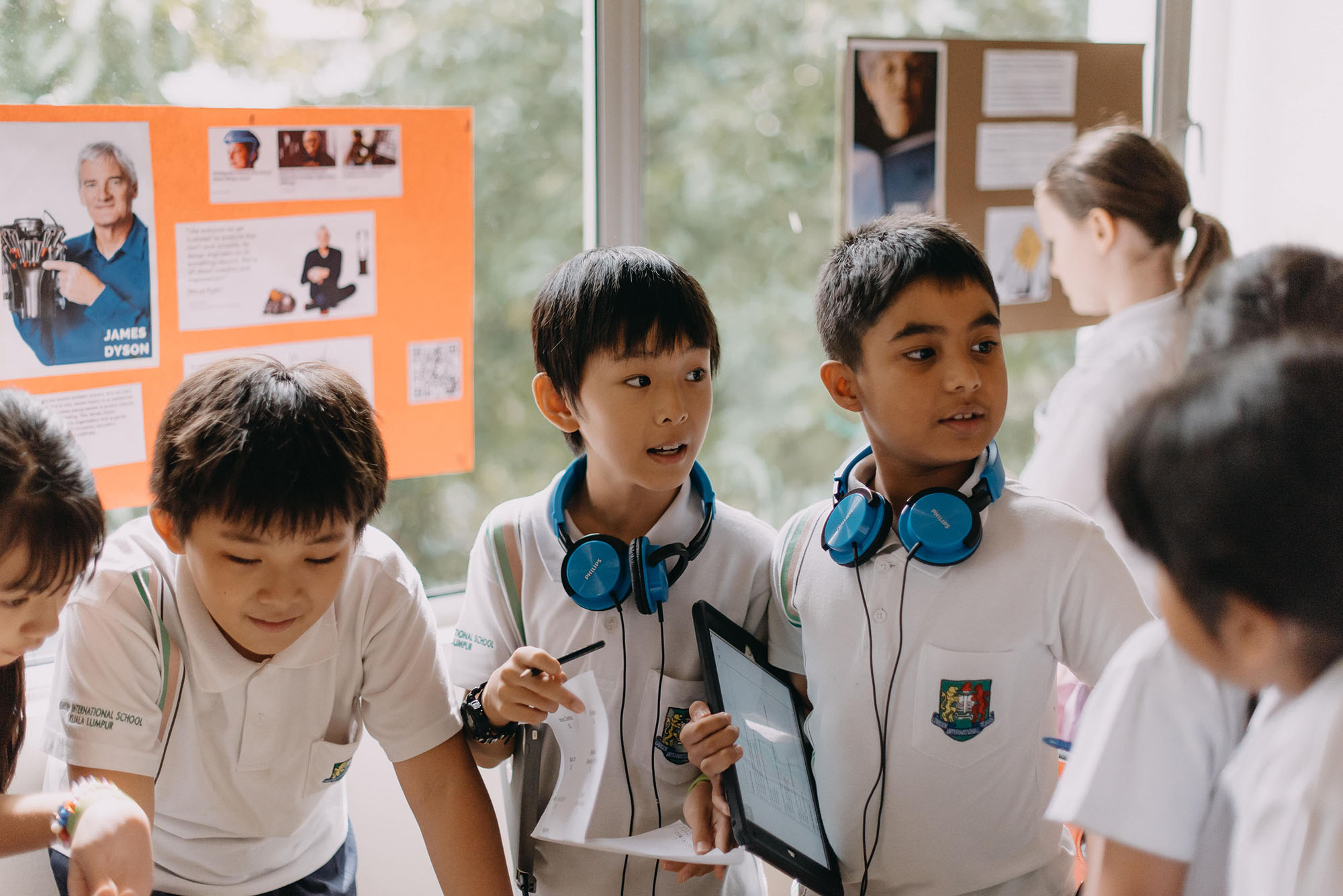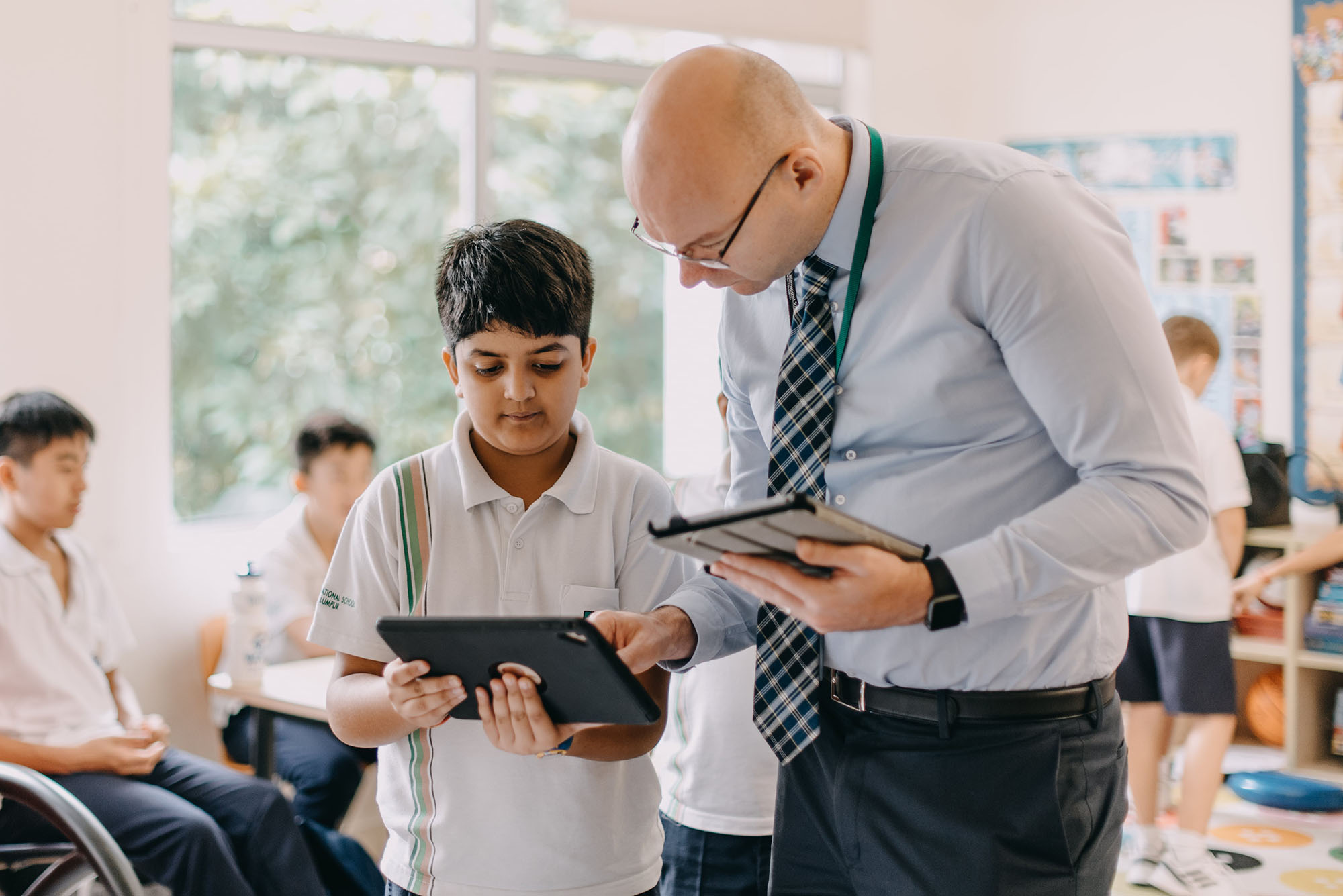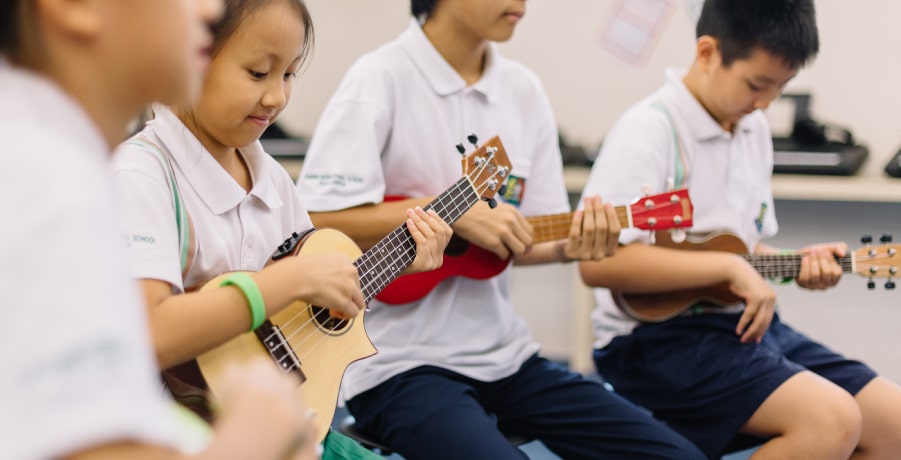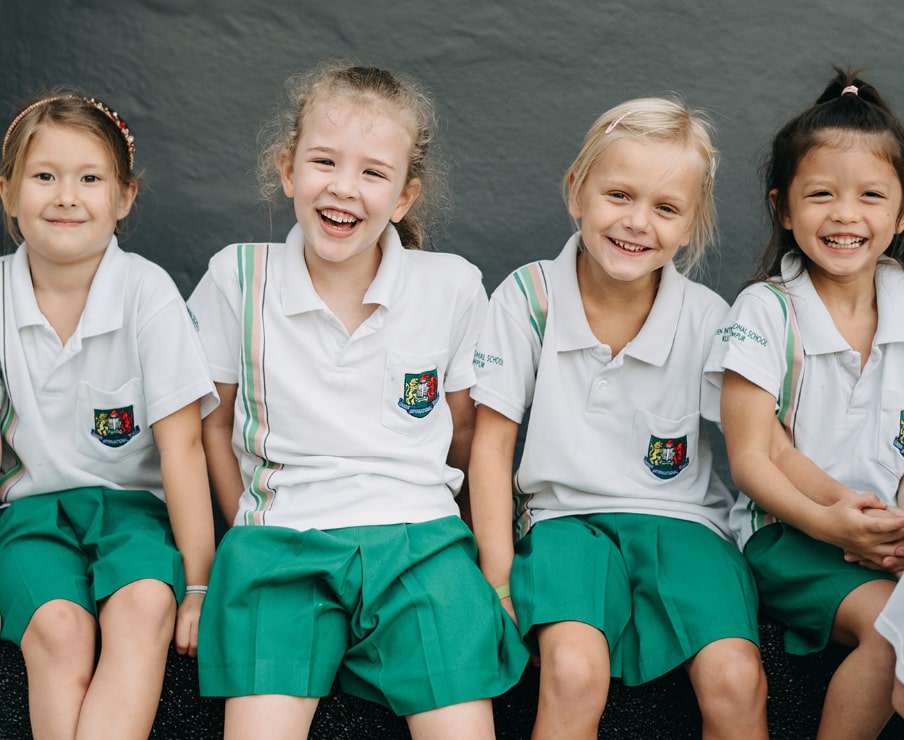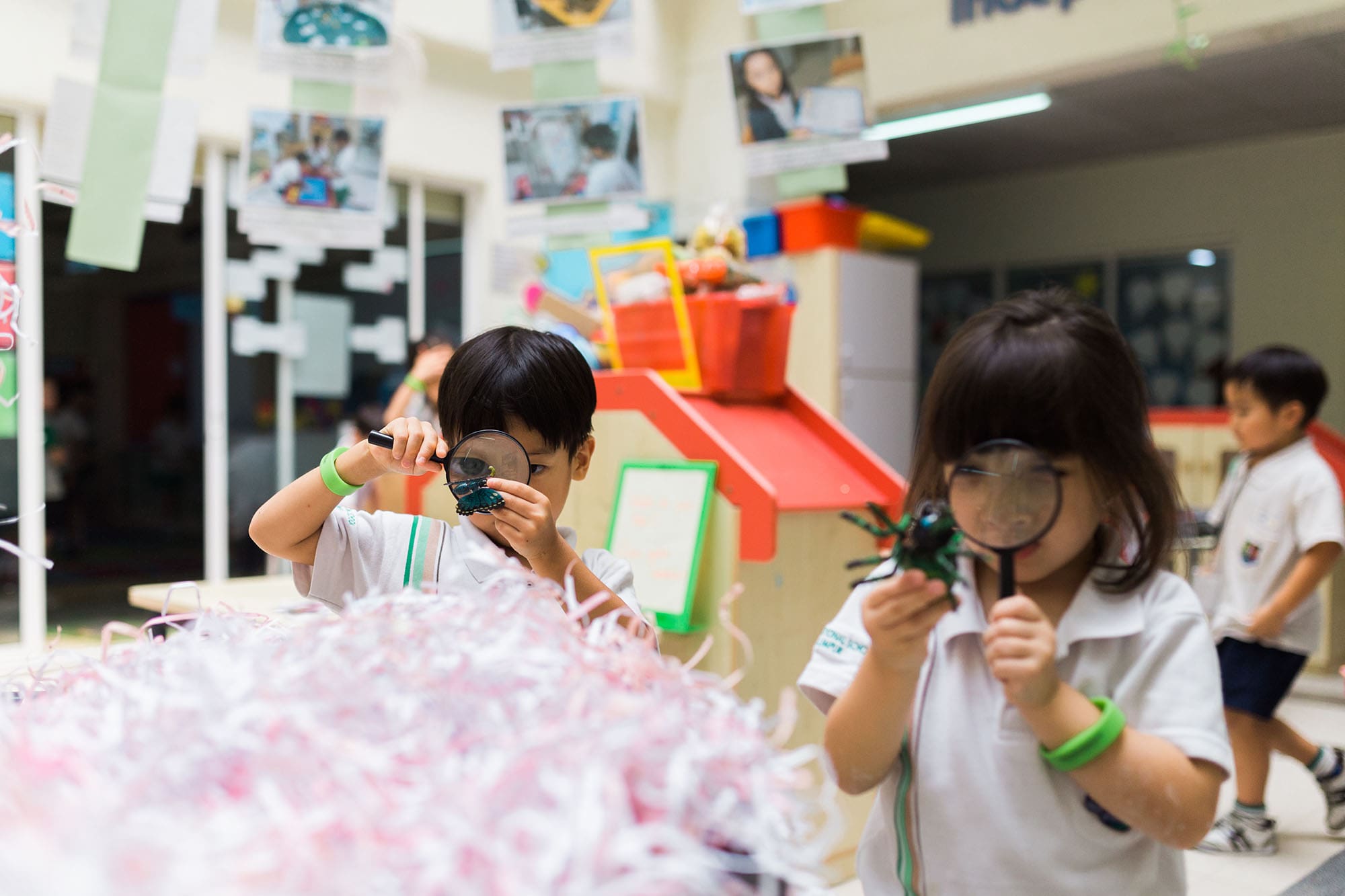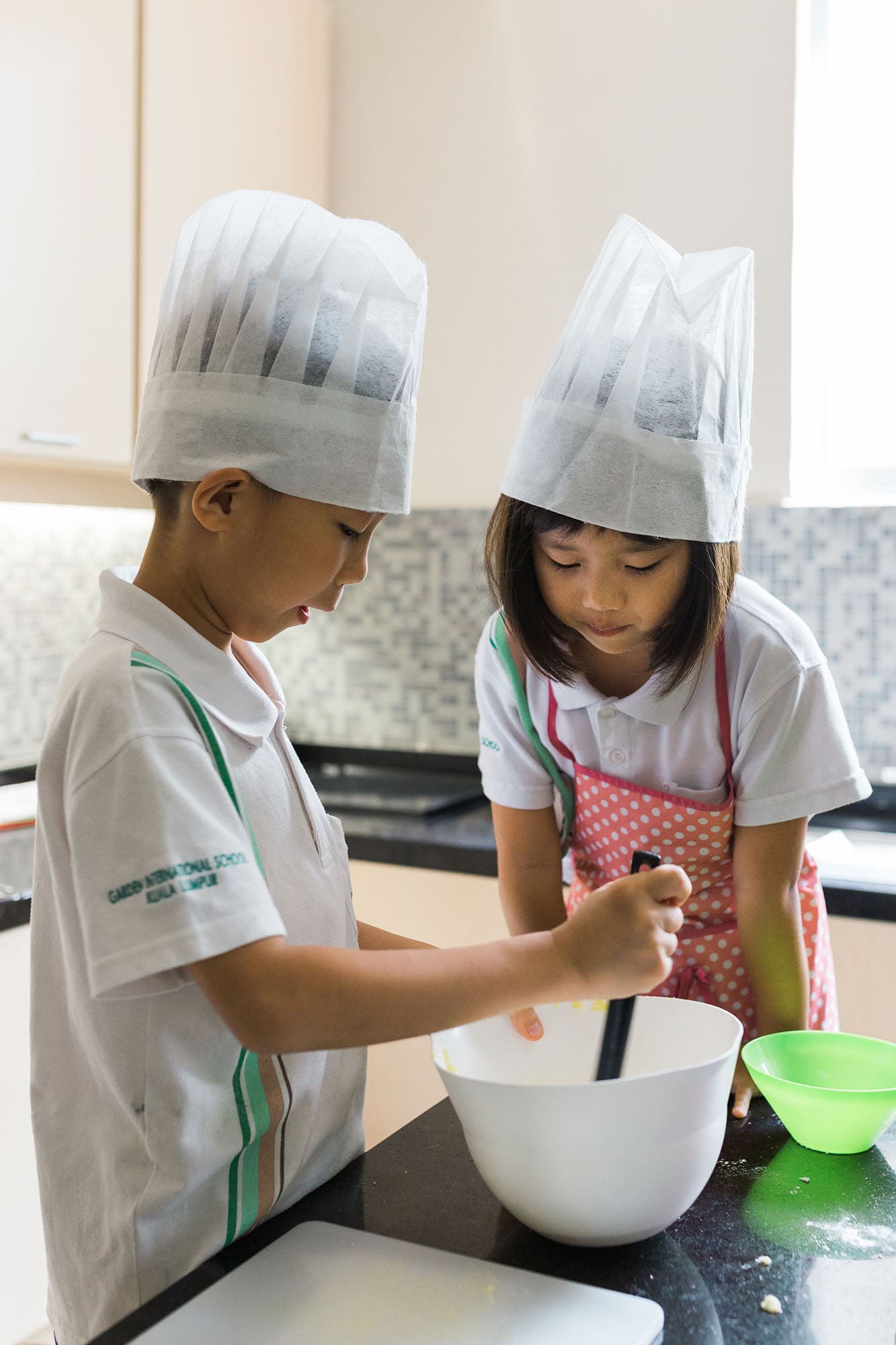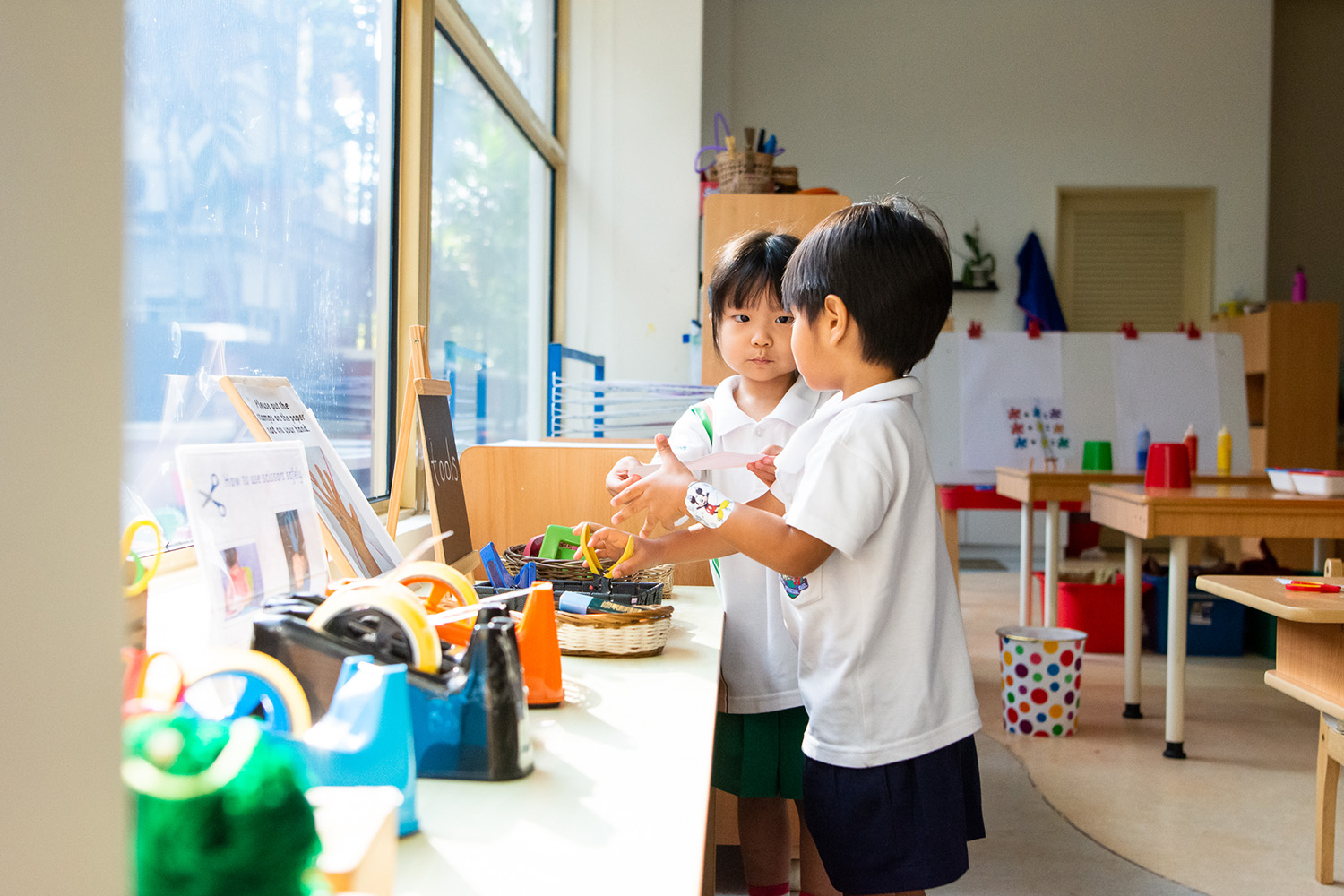
If you’re the parent of a 2-3 year old, then you’ll know the delights of this age group – the fun, the imagination, the curiosity, the affection, the wonder. However, you may also be familiar with some of their more challenging behaviours: the whining, the stubbornness, the tantrums, the meltdowns! As a parent, it can be very hard to know which of your toddler’s behaviours are age-appropriate and ‘normal’, and which aren’t. In this blogpost, the Early Years experts at Garden International School break down some typical toddler behaviours and how you can support your child develop coping mechanisms at home.
WHAT IS TYPICAL TODDLER BEHAVIOUR?
Lying: It’s normal for young children to lie when they see that a situation isn’t going their way, particularly if they think they might get into trouble. They rely on us to teach them that lying isn’t socially acceptable behaviour. If your child lies, try to avoid a lecture or punishment: just make it clear that you know the truth and suggest a practical way to solve the problem. When they do tell the truth, make sure to praise that behaviour and thank them for it.
Aggression: Most toddlers experiment with behaviours like hitting, biting, and scratching. It’s up to us as parents to make it clear those behaviours are unacceptable, and to model and suggest non-aggressive ways to cope with their emotions.
Meltdowns & Tantrums: Whining and crying, screaming, kicking, hitting – even breath holding! – are all common between the ages of 1-3. Because toddlers can’t yet say what they want, feel, or need, a frustrating experience may cause a tantrum. As language skills improve, tantrums tend to decrease. 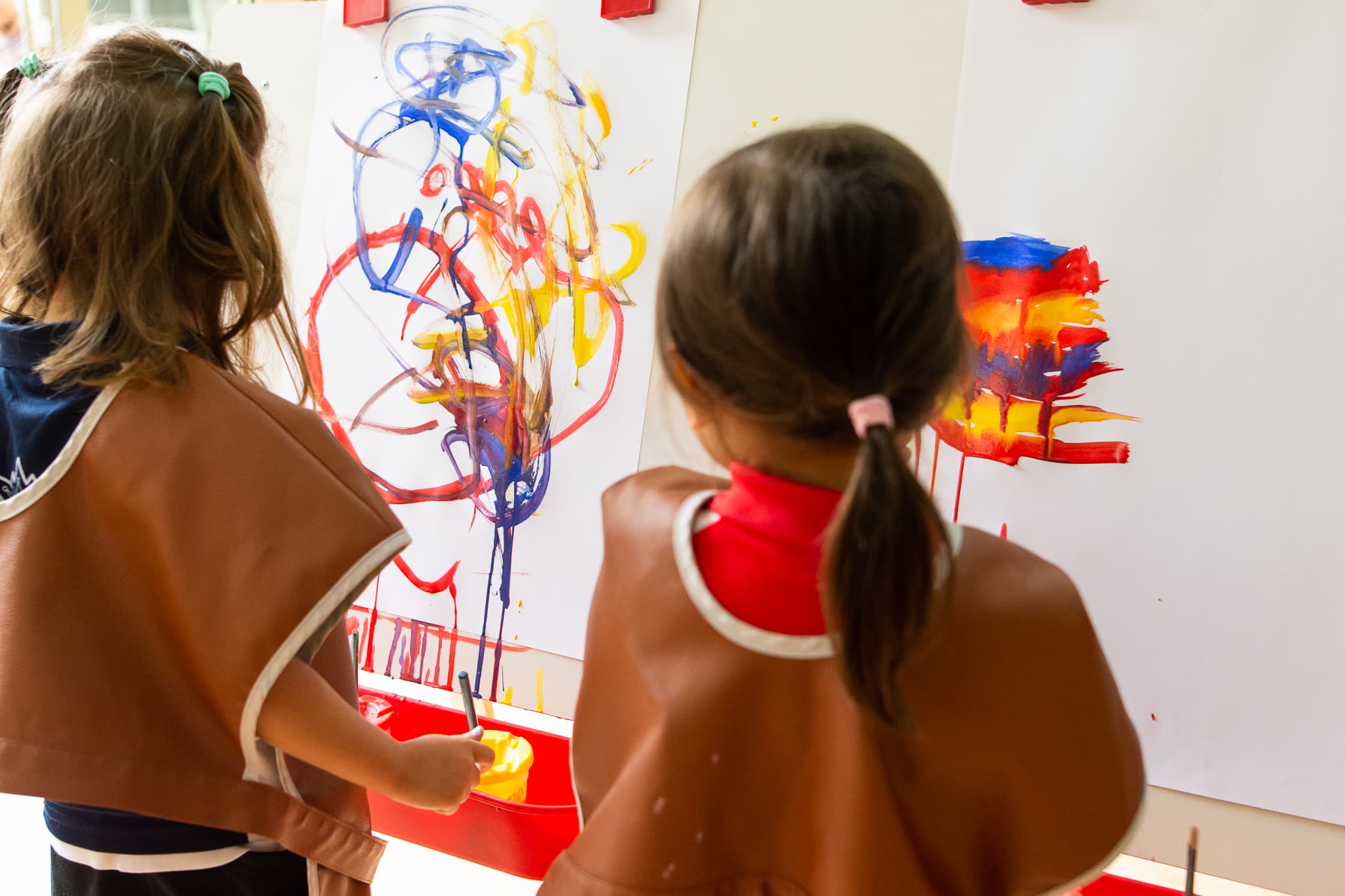
As a general rule, these behaviours are not usually a cause for concern until they are impacting the safety, wellbeing and/or learning of others or the child themselves over a period of time, and/or are showing no signs of improvement as the child gets older. As a parent, you know your child best. Trust your instincts if your toddler’s behaviour is worrying you, and don’t hesitate to bring up your concerns with your child’s paediatrician or other healthcare provider right away. They are there to help, not to judge, and asking their advice shows how much you care.
5 TANTRUM TOP TIPS FOR PARENTS
As parents, our job is to help our toddlers navigate their strong emotions and learn to manage them effectively. In fact, studies show that being able to regulate emotions effectively has a strong correlation with a child’s school readiness, and also leads to better academic achievement.
Here are four top tips from Garden International School’s Early Years Experts to minimise your toddler’s negative behaviours and improve their ability to self-regulate their emotions:
VALIDATE & EMPATHISE
Start by acknowledging your child’s feelings. “I understand you feel angry because I said no more television now.” Sometimes, simply just showing that you recognise your child’s strong emotion is enough to calm them down. In addition, clearly labelling their feelings will help them recognise them by themselves – and in turn, this will help him communicate them to others and reduce future frustration.
OFFER COPING STRATEGIES
Once your child is able to identify their feelings, you can suggest what they might do to feel better or solve the problem. This helps them learn what to do in the future when they face a similar challenge. For example, if your toddler is feeling sad because his grandparents have left after a visit, suggest looking at photos of them, or making them a card. If they are feeling angry, you could suggest that they go outside for a run around, hit the sofa cushions, rip some paper, cuddle up with a favourite toy or book for some alone time, paint an angry picture – or whatever other strategy you think will help your child. What’s important is to teach your child that there are many options to dealing with an emotion – not just a tantrum or meltdown. 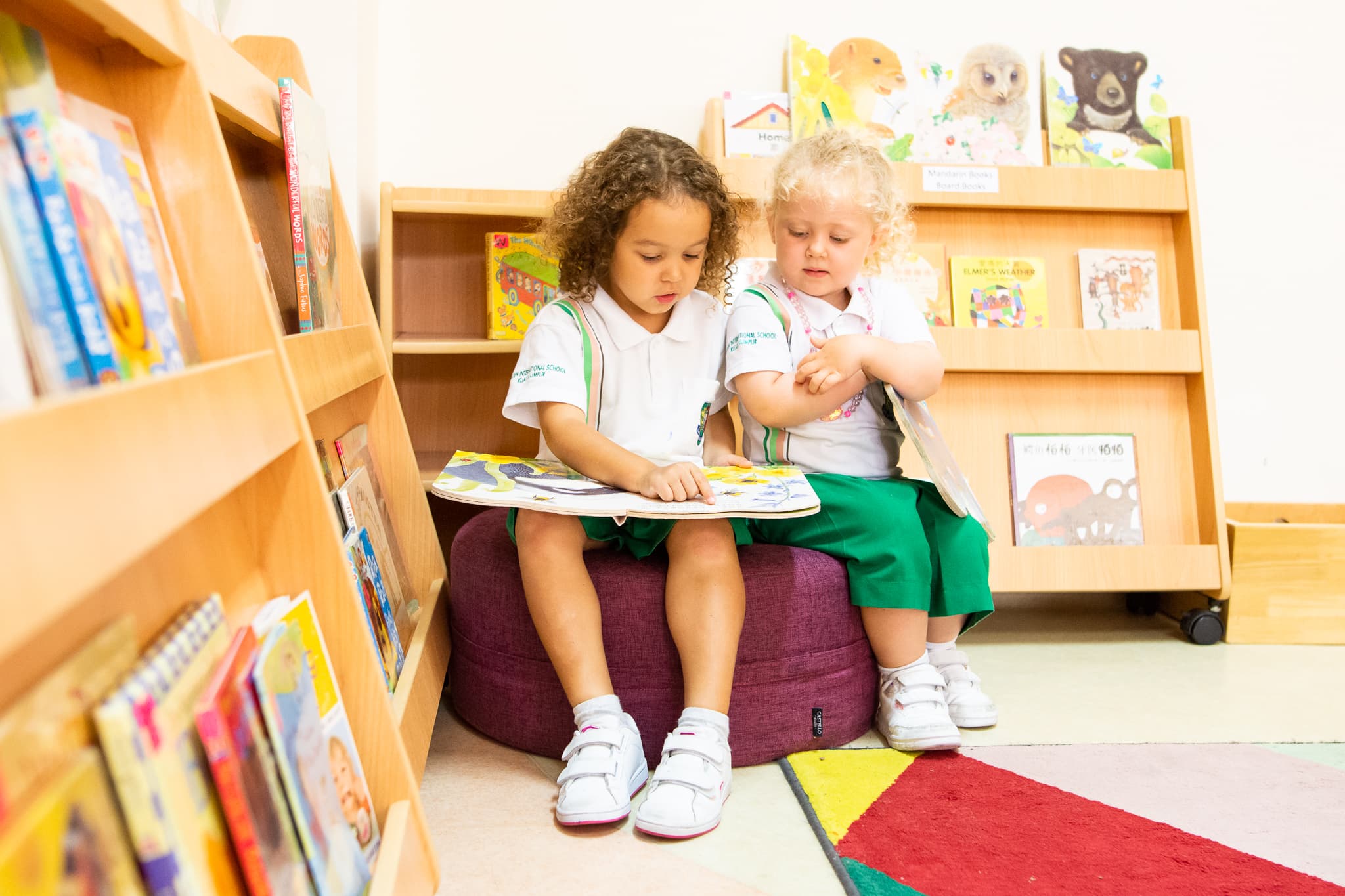
BE CLEAR
Make sure you always give your toddler plenty of warning about things that are going to happen – springing surprise trips or events on them will often result in a child feeling overwhelmed, which can lead to challenging behaviours. This is particularly important if you have scheduled an event that marks a change to your child’s normal routine. In addition, many toddlers struggle with a sense of time and having to wait – for anything! – is usually challenge. Timers can be a huge help with this. For example, if you need to help your child brush her teeth for 2 minutes each day, use an egg timer so she can watch the countdown. Timers are also great tools for helping children learn to share. Give them each a few minutes — using the timer — to play with a toy they both want.
GIVE YOUR CHILD CHOICE
Giving your child some choice in their daily lives helps give them a feeling of feeling of control and supports her growing confidence and sense of competency (the belief that “I can do it”). Keep choices simple – no more than 2 – and nothing too tricky. Try letting them choose what to wear (short or skirt today?) and what to eat (jam or peanut butter sandwich?), or which puzzle to do.
STAY CALM
Remember: our children learn by example. By role modelling calmness, tolerance and patience, your toddler is more likely to stay calm themselves. Try to remind yourselves that tantrums and other behaviours are normal, and that they will pass with time. If it all gets too much and you find yourself in the middle of your own tantrum: it’s ok! Pause, take a deep breath and remind yourself: you are doing a great job and your children love you to pieces.
Interested to learn more about EYC? Book your personal tour online at gardenschool.edu.my or call our lovely admissions team on +(603) 6209 6888



